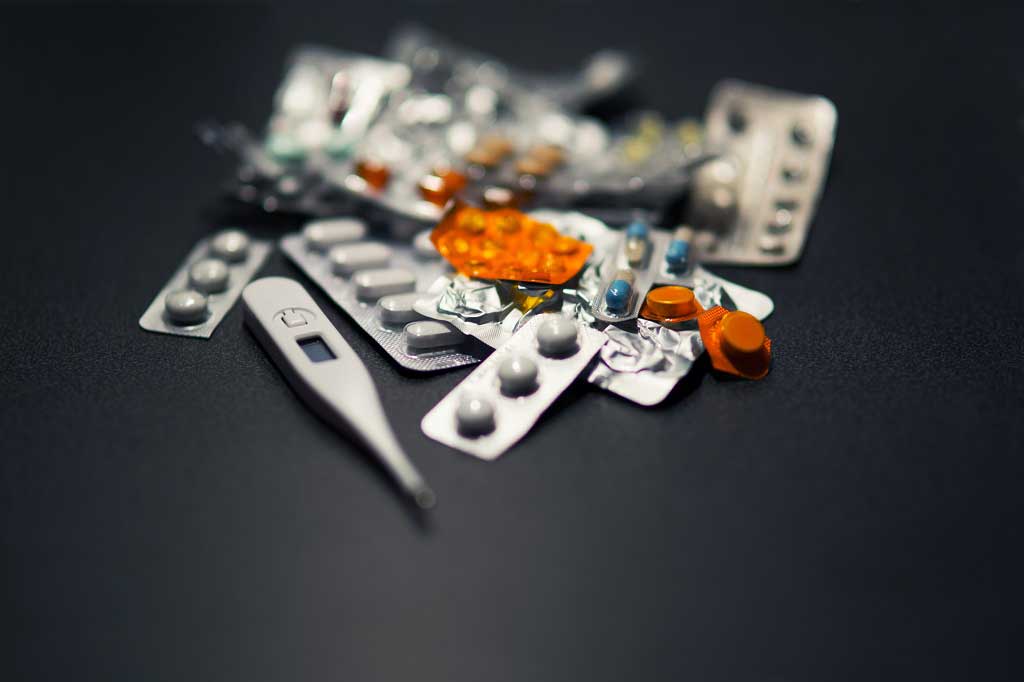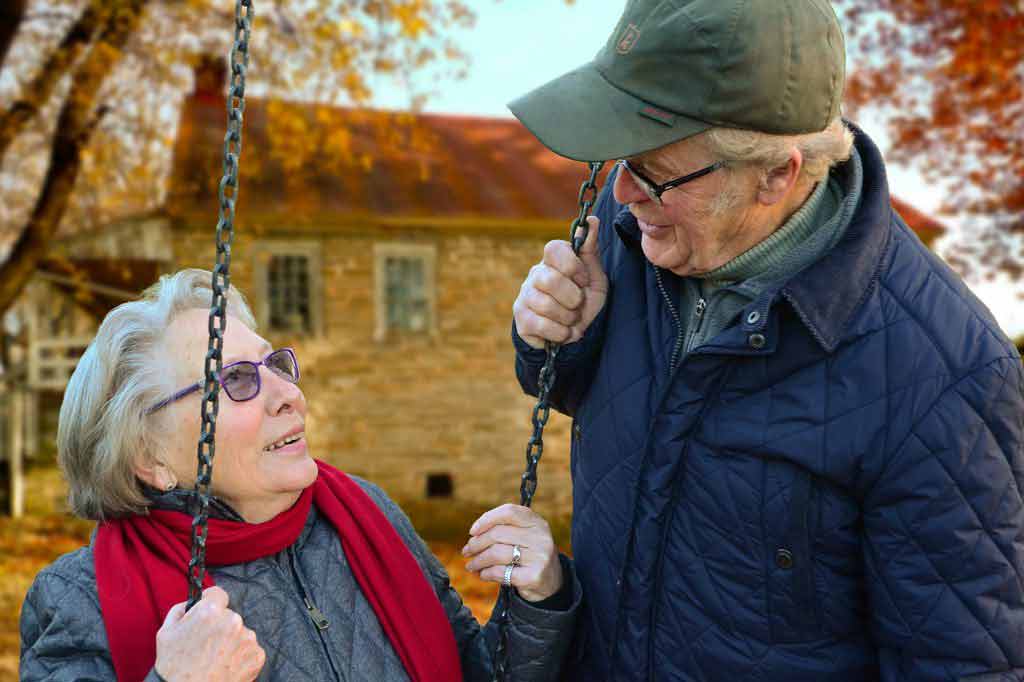Aspirin at bedtime 'cuts' morning heart attack risk
Genetics and stem cells
“Take aspirin before bed to cut morning heart risk,” is the advice in The Daily Telegraph today. It’s prompted by a presentation that explained research that found a night-time aspirin helped thin the blood in the morning…
“Take aspirin before bed to cut morning heart risk,” is the advice in The Daily Telegraph today. It’s prompted by a presentation that explained research that found a night-time aspirin helped thin the blood in the morning.
The researchers randomised 290 people who were already taking low-dose aspirin to make the blood less "sticky" for the prevention of cardiovascular disease (CVD) either to take aspirin in the morning or at bedtime.
The researchers compared the effects of bedtime or morning aspirin on blood pressure and platelet activity – platelets are small cells that stick together and make the blood clot.
There is a body of research that suggests the majority of heart attacks occur in the morning. So taking aspirin before bedtime may be the better bet as it allows time for the medication to thin the blood, which reduces the risk of heart attack.
The study found that aspirin taken at bedtime made no difference to patients’ blood pressure but did significantly reduce platelet activity, compared to aspirin taken in the morning.
While a link between reduced platelet activity in the morning and a subsequent preventative effect against CVD may be biologically plausible, it is also unproven.
The presentation provided no evidence that the timing of dosage would have actually made any difference in the likelihood of the person having a blood clot and a subsequent heart attack or stroke.
Most importantly, the possible benefits need to be carefully weighed against the risks of side effects of aspirin for the individual. If you are unsure whether you should be taking aspirin, check with your GP.
Where did the story come from?
This was a conference abstract of a study carried out by researchers from Leiden University Medical Center and Nijmegen University Sanquin Research – both in the Netherlands. It was funded by Leiden University Medical Center and the Netherlands Heart Foundation.
The summary was presented this week at a meeting of the American Heart Association. The research has, to the best of our knowledge, not yet been peer-reviewed.
The study was covered widely in the media. Many newspapers tended to overstate the findings and did not mention the study has not yet been published. Though the Daily Mail did include useful comments from independent experts in the UK, while the Daily Telegraph mentioned the risk of side effects from aspirin.
The media’s leap that the observed reduction in platelet reactivity would result in reduced risk of heart attack is an assumption that should not be made at the current time.
What kind of research was this?
According to the abstract this was a randomised, open-label crossover trial involving 290 people who were reported to be taking aspirin to prevent cardiovascular disease (for example to reduce their risk of a heart attack or stroke).
An open-label is a type of clinical trial in which both the researchers and participants know which treatment is being administered. Open-label trials are generally considered inferior to blinded studies – where participants and/or researchers are not aware which treatment is being given – because this knowledge may influence the results. However, in some studies open-label is unavoidable. Though in this case it could be feasible to give one dummy aspirin tablet (placebo) and one active aspirin tablet at both morning and bedtime.
In a crossover study, participants are randomised to all the treatments being compared (for example, in this case they would have taken both morning aspirin and bedtime aspirin), at different periods. This can have the advantage of each participants acting as his or her own control. However, unless there is a suitable interval (or “washout period”) between treatments, there is a risk of “carry-over” effects.
In their abstract, the researchers say the aim of this trial was to compare the effects of aspirin taken at bedtime with aspirin taken on awakening on both blood pressure and on “platelet reactivity”. This is the ability of platelets to stick together to form clots.
The researchers point out that aspirin is taken by millions of patients to reduce the risk of cardiovascular disease, and that platelet reactivity and cardiovascular risk is highest in the mornings. Previous studies have suggested aspirin at bedtime can reduce blood pressure and it may also lower platelet reactivity.
What did the research involve?
According to the abstract, 290 people taking aspirin for prevention of cardiovascular disease were randomised to take 100mg aspirin on awakening or at bedtime during for two periods of three months. At the end of each period, ambulatory blood pressure (a method of taking blood pressure over 24 hours while the patient is in his or her own environment) and platelet reactivity were measured. Of the 290 patients taking part, 263 had their blood pressure measured and 133 had platelet reactivity recorded.
What were the basic results?
The researchers found no significant difference in a person’s blood pressure when aspirin was taken at bedtime compared with the morning (in other words it neither decreased nor increased blood pressure). However, it did reduce platelet activity by 22 units (the measurement used is called an aspirin reaction unit).
How did the researchers interpret the results?
The researchers say that aspirin taken at bedtime might reduce the risk of heart attacks, strokes and other cardiovascular events compared to aspirin taken on awakening.
Conclusion
So far this study has not yet been published in a peer-reviewed journal. Therefore it is not possible to fully assess the quality and methods of this study.
Despite the media headlines, and the conclusions of the abstract, the researchers did not measure directly whether aspirin taken at bedtime reduced heart attacks. They measured whether it reduced two risk factors for heart attacks – blood pressure and platelet activity. Taking aspirin at bedtime had no effect on a person’s blood pressure compared with taking it in the morning.
They did find that it reduced platelet reactivity, though, by 22 aspirin reaction units. However, it is not possible to tell whether this difference in reaction units would have actually made any difference to the likelihood of the person having a blood clot and then a subsequent heart attack or stroke. This would likely depend on whether or not aspirin was already adequately preventing blood clotting in the individual. Another important limitation worth bearing in mind is that platelet reactivity was only measured in 46% of the sample. Had the entire sample of 290 had their platelet activity measured, there is a chance that a different and/or non-significant effect on platelet reactivity could have been found.
Aspirin reduces the ability of platelets to stick together and reduces the risk of clots forming. Low-dose aspirin (usually 75mg a day) may be given to you if you have already had a cardiovascular “event” such as a heart attack or stroke, or if you are considered at risk of having one.
Treatment with an antiplatelet medicine such as aspirin is usually for life.
However, the possible benefits of aspirin need to be carefully weighed against the risks in the individual. Not everyone can take aspirin. It can increase the risk of bleeding and if you have certain health conditions such as a stomach ulcer or bleeding disorder you should not take aspirin. You should also use aspirin with caution if you have asthma or uncontrolled high blood pressure.
Low-dose aspirin is available on prescription, or you can buy some brands at pharmacies without a prescription. However, do not take regular low-dose aspirin without discussing the pros and cons of doing so with your doctor.
People advised to take aspirin by their doctors may take aspirin at whatever time of day they find easiest. Most people prefer to take it in the morning with breakfast, as they find this helps them to remember to take it.






 Subscribe
Subscribe Ask the doctor
Ask the doctor Rate this article
Rate this article Find products
Find products







